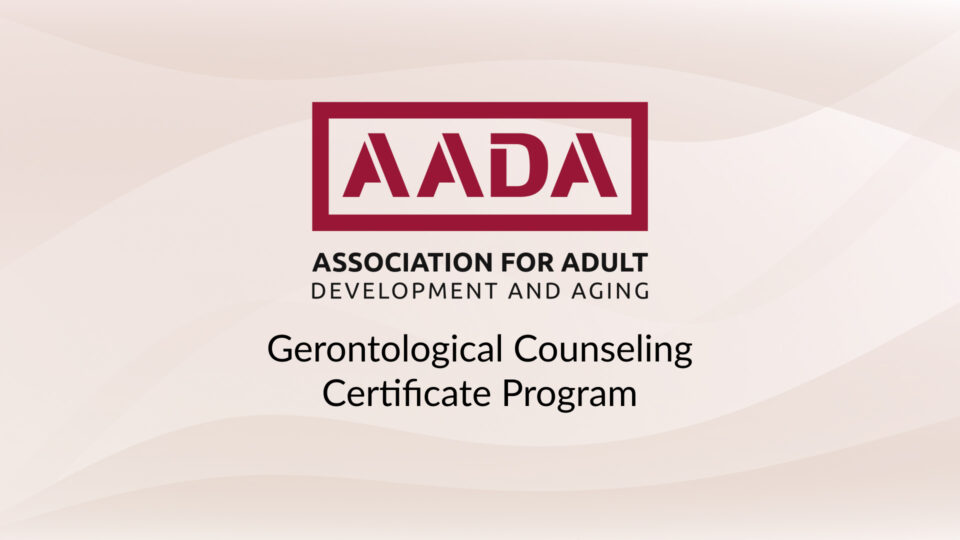
Health Care Access Among Older Adults
Information
Recorded
-
-
Learning Objectives
Participants will be able to:
-
Describe one or more mechanism by which older adults access health services in the U.S.
-
Identify one or more barrier to health service access among older adults in the U.S.
-
Apply one or more strategy to enhance access to health services for older people in their practice.
Educational Goal
This educational goal of this presentation is to teach attendees about mechanisms of health care access among older people, barriers to health service use unique to older adults, and strategies to increase access to services.
Description
Older adults, or people aged 65 and older, are the fastest growing proportion of the United States. However, many older people have unmet mental and physical health needs, in part due to inequitable access to health services. In this session, you will learn about how older adults access different kinds of health services, what barriers they face, and strategies to increase access to ultimately improve health outcomes.
Target Audience
- Counselor
- Marriage & Family Therapist
- Psychologist
- Social Worker
- Substance Use Disorder Professionals
Presenters

Dr. Jordan Westcott (she/her) is an Assistant Professor of Counselor Education at the University of Tennessee, Knoxville. Her research focuses on structural factors that impact mental health and wellness for marginalized populations, especially older adults, LGBTQ+ populations, and LGBTQ+ older people. She is particularly interested in how counselors can advance health equity for these populations through access to effective, culturally responsive services.
Financially Sponsored By
- Association for Adult Development & Aging (AADA)